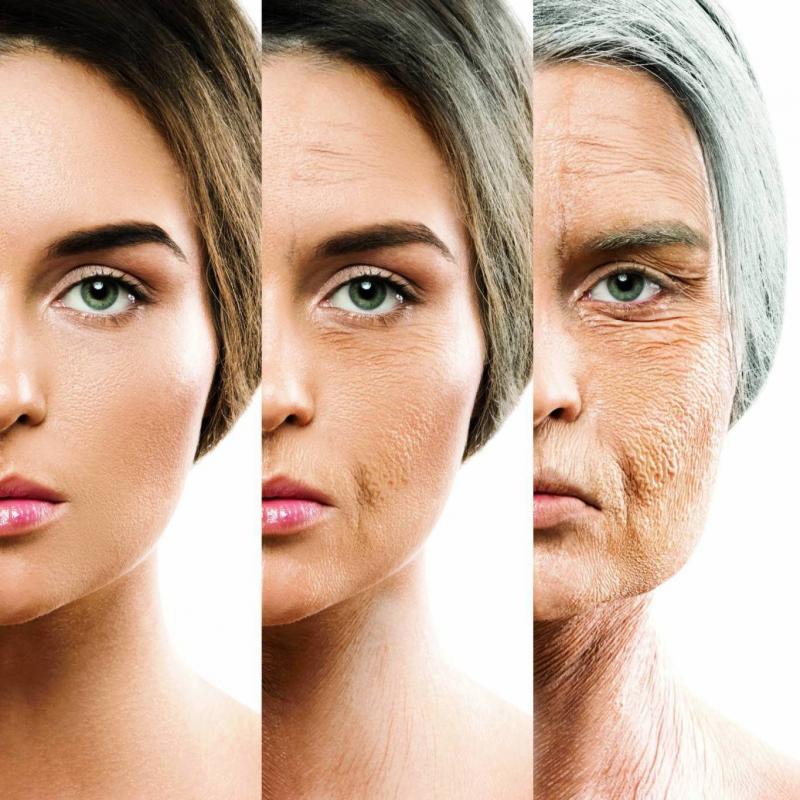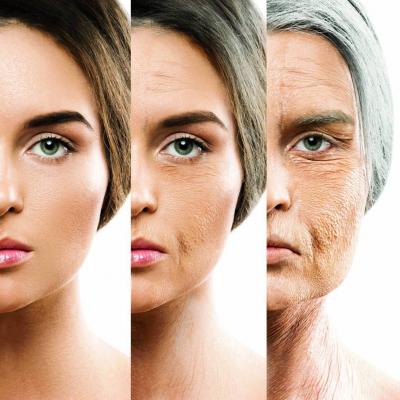Genetics play an important role in how signs of aging manifest, but people's behaviors and habits can also influence this. Dr. Teresa Allison, an aging specialist and professor of medicine at the University of California, San Francisco, stated that good aging means more than just enjoying physical health. The American Association of Retired Persons (AARP) has created a checklist for individuals in their fifties to determine if they are aging well based on the latest science.
1. **Strong Social Relationships**
Older adults are more likely to feel lonely due to living alone, stopping work, and reduced mobility. Research shows that people with a strong support system and a healthy social life are happier, healthier, and live longer. A review of 148 studies found that individuals with deep social connections had a 50% increased chance of survival.
2. **Physical Activity**
Dr. James Powers, an aging specialist at Vanderbilt University Medical Center, said that individuals who incorporate physical activity and exercise naturally into their lives age well. A 2022 study of over 5,000 older women found that physical activity was linked to a lower risk of death. The study also showed that long periods spent sitting can increase mortality risk.
3. **Healthy Diet**
A significant amount of research classifies the Mediterranean diet as the gold standard. It primarily includes vegetables, fruits, whole grains, and healthy fats. A study published last year found that the Mediterranean diet can help you live longer.
4. **Engaging in Meaningful Activities**
A 2019 study published in JAMA Network Open, involving around 7,000 adults, found that those who scored highest on the "purpose in life" scale were less likely to die compared to those with lower scores. Experts believe that engaging in activities you care about may lower stress levels and reduce inflammation in the body, which is associated with health issues such as cardiovascular diseases.
5. **Sleeping at Least Seven Hours a Night**
Not getting enough sleep increases the risk of diseases such as obesity, diabetes, depression, high blood pressure, and heart disease. Research also links the amount of sleep a person gets with the risk of dementia and even death. Sleep provides the body with time to detoxify the brain and repair damaged nerve connections.
6. **Positivity**
Research suggests that a positive outlook on life encourages individuals to live longer, healthier lives. Dr. John Patsis, associate professor in the Department of Geriatrics at the University of North Carolina, said, "Age is just a number, but how you feel about it is incredibly important." A positive view of aging has been shown to reduce the risk of dementia and extend lifespan by about seven and a half years.
7. **Brain Health**
A study published this year indicated that cognitive decline may not be inevitable with age. The study observed adults aged 58 to 86 who took three to five lessons in subjects like Spanish, painting, and music composition over three months. By the middle of the study, participants had already enhanced their mental abilities to the level of individuals who were 20 to 30 years younger.




